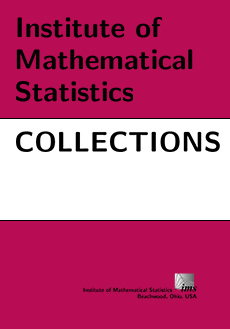Abstract
The Women’s Health Initiative randomized clinical trial of hormone therapy found no benefit of hormones in preventive cardiovascular disease, a finding in striking contrast with a large body of observational research. Understanding whether better methodology and/or statistical adjustment might have prevented the erroneous conclusions of observational research is important. This is a re-analysis of data from a case-control study examining the relationship of postmenopausal hormone therapy and the risks of myocardial infarction (MI) and ischemic stroke in which we reported no overall increase or decrease in the risk of either event. Variables measuring health behavior/lifestyle that are not likely to be causally with the risks of MI and stroke (e.g., sunscreen use) were included in multivariate analysis along with traditional confounders (age, hypertension, diabetes, smoking, body mass index, ethnicity, education, prior coronary heart disease for MI and prior stroke/TIA for stroke) to determine whether adjustment for the health behavior/lifestyle variables could reproduce or bring the results closer to the findings in a large and definitive randomized clinical trial of hormone therapy, the Women’s Health Initiative.
For both MI and stroke, measures of health behavior/lifestyle were associated with odds ratios (ORs) less than 1.0. Adjustment for traditional cardiovascular disease confounders did not alter the magnitude of the ORs for MI or stroke. Addition of a subset of these variables selected using stepwise regression to the final MI or stroke models along with the traditional cardiovascular disease confounders moved the ORs for estrogen and estrogen/progestin use closer to values observed in the Women Health Initiative clinical trial, but did not reliably reproduce the clinical trial results for these two endpoints.
Information
Digital Object Identifier: 10.1214/193940307000000437


